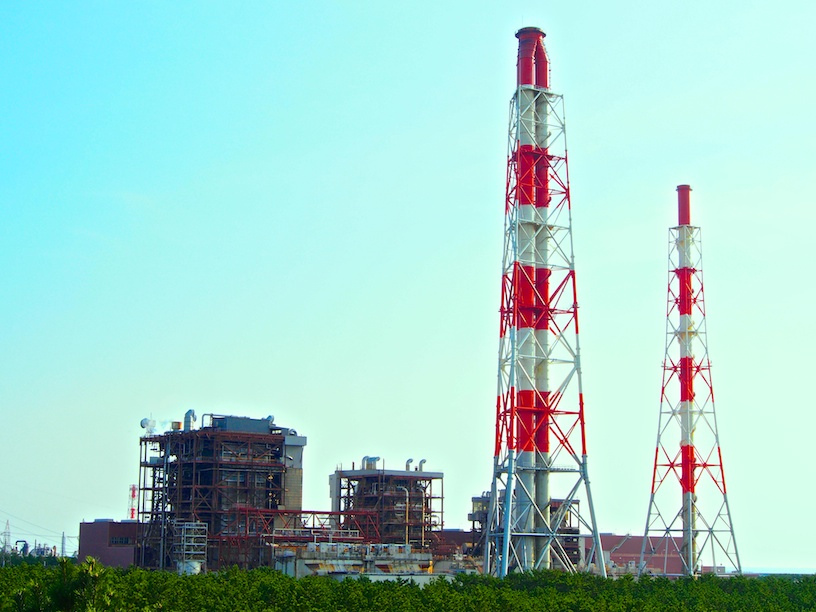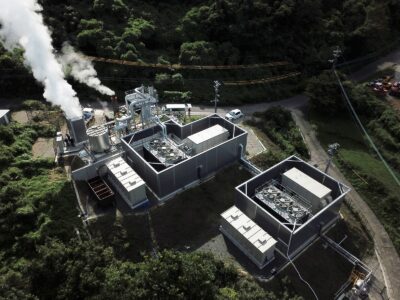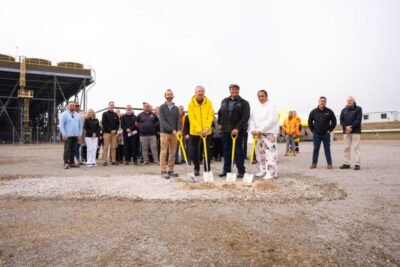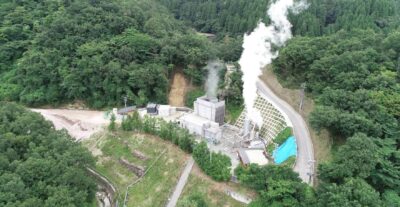Japan: Regional utilities main obstacle to geothermal growth
The main regional utilities are named as a key obstacle to a shift to more renewable energy deployment in Japan, so German magazine Der Spiegel.
A recent article in German magazine Der Spiegel, describes why renewable energy technologies will have difficulties, looking at why Japan’s energy shift is not moving forward.
The country has great conditions for the utilization of renewable energy technology with hot springs, mountains and the sea on all sides, but still puts its bets on nuclear power. The reason are utilities tied to the past. Oil from the Middle East, coal from Australia, liquid gas from all kinds of countries and nuclear power are the backbone of Japan’s energy mix. Only about 4 percent of Japan came from renewables before the Fukushima disaster, three quarters of that from hydro dams.
So while the general public and politicians describe all kinds of reasons why certain renewables won’t work, the main reason – so Spiegel – are the dozen regional power utilities which have divided the country among themselves and are not interested in unwanted new development.
“They are not interested in competition and simply won´t work together”, so Koske Kurokawa, Director of the Japan Council for Renewable Energy.
The organization of Greenpeace worked on a concept for Japan, describing the country’s potential to be derive more than 40 percent of its energy supply from renewables, even 85 percent can be achieved by 2050.
While the article mentions wind and solar as possible key technologies, geothermal energy could play a crucial part. The country currently only has 540 MW of installed geothermal power generation capacity, which is less than 3 percent of the potential, so Greenpeace. Since 2000 no geothermal plant has been built mostly because local onsen operators are opposing any new development.
Recent articles also quote Canadian environmentalist David Suzuki, who says that the country is “wasting the opportunity of the Fukushima disaster by failing to use the crisis and public opposition toward nuclear reactors to form an energy mix more reliant on renewable energy”.
“There’s a huge opportunity that the government, because it is so tightly tied to the private energy sector, has refused to acknowledge,” Suzuki said in an interview. “It is an opportunity being squandered in the drive to get the reactors up and running again.”
He says that “Japan’s best hope may be its geothermal resources” … as it “can be a huge source of energy (and that) very quickly”.
With a potential of more than 23,000 MW from geothermal power, so the U.S. Geothermal Energy Association, it should take reasonable measures to boost geothermal but generally boost all renewable energy sources.
Source: Der Spiegel (in German), Canberra Times


















